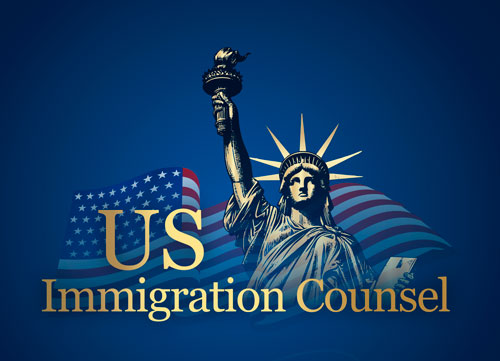Adjustment of Status / Lawful Permanent Residency / The Green Card
Adjustment of status allows individuals already in the U.S. to apply for lawful permanent resident status without returning to their home country. This process is commonly used by those eligible through family, employment, asylum, or other special categories.
What is a Green Card?
A Green Card, or lawful permanent residency, grants a noncitizen the right to live and work permanently in the United States. It also serves as a critical step toward U.S. citizenship. Green Card holders may sponsor eligible family members and access certain government benefits.
Paths to Permanent Residency
There are several ways to obtain a Green Card, including:
-
Family Sponsorship: Immediate relatives of U.S. citizens or permanent residents (IR, CR categories)
-
Employment-Based Immigration: Sponsored by a U.S. employer (EB1, EB2, EB3)
-
Asylum or Refugee Status: Adjusting status after being granted protection in the U.S.
-
Diversity Visa Lottery
-
Special Programs: Including T Visa (trafficking victims), U Visa (crime victims), VAWA (domestic abuse victims), EB2-NIW, EB1C, and others
Filing for Adjustment of Status
If you are in the U.S. and your immigrant petition is approved, you may apply for adjustment of status. In many cases, Form I-485 (Adjustment of Status) can be filed at the same time as the immigrant petition if a visa number is available.
Key steps include:
-
Completing Form I-485
-
Filing Form I-765 (Employment Authorization) and Form I-131 (Travel Document) to work and travel while the I-485 is pending
-
Submitting all required documents and fees to USCIS
-
Attending the required biometrics appointment
Applicants may include qualifying spouses and children under 21 in their application. Address updates with USCIS are essential to ensure delivery of the Green Card.
Special Self-Petition Categories
Some individuals may qualify to apply for a Green Card without a sponsor. Common self-petition categories include:
-
VAWA applicants (battered spouses or children)
-
Religious workers
-
Afghan or Iraqi nationals who assisted the U.S. government
-
International organization employees
-
Broadcasters
-
Physicians applying under the National Interest Waiver
Applying for a Green Card from within the U.S. is a complex process that depends on the applicant’s unique circumstances and eligibility. Accurate documentation and legal support are essential for a successful outcome.

